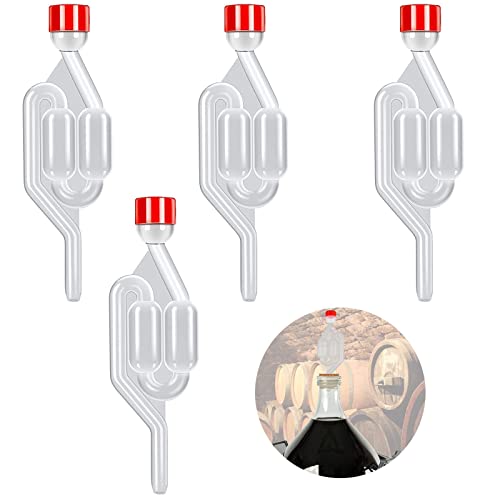HebridesRob
Landlord.
Ok myQ it's defo gona be a stout I do next I'm currently drinking my bulldog chocolate stout I did from a kit, I didn't touch the water at all with this and it's rather good. But the bulldog double IPA I did before it (first attempt at homebrew)wasn't great. Any recipe suggestions for a nice strong stout would be appreciated.
Oh and where's this bloody paperclip attachment thing can't see it?
here it is....



































![BREWING THERMOMETER STICKERS ACCURATELY MONITOR FERMENTING BEER & WINE LIQUID TEMPERATURES 5PCS HOME BREW SPIRITS WINE LCD ADHESIVE [US]](https://m.media-amazon.com/images/I/311DDjo2X3L._SL500_.jpg)






